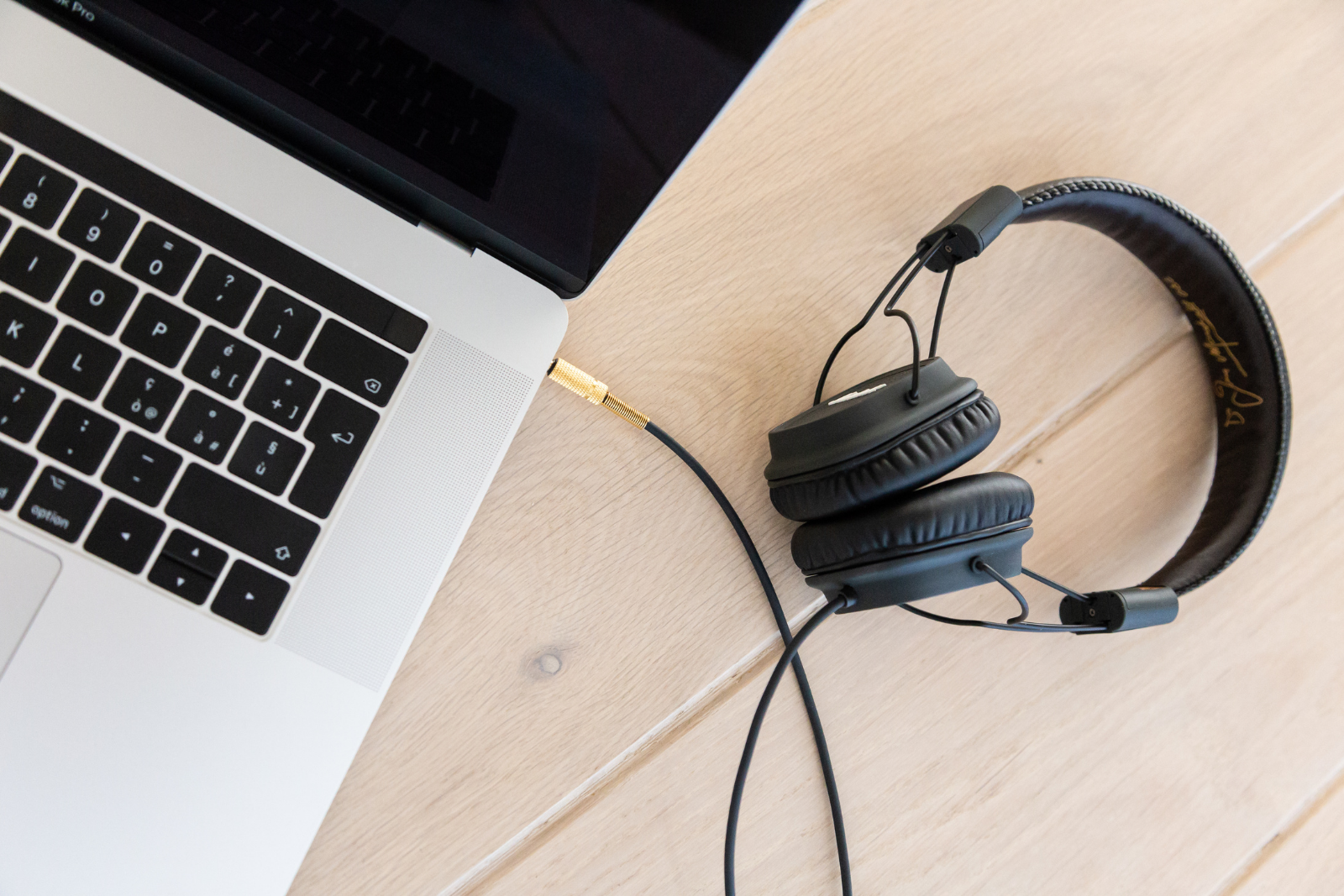Did you know that it is perfectly possible to get a perfect band of 9 in the IELTS Listening section? Read on to know how to ace this section of the IELTS test.
- Remember that the Listening section comprises only objective-type questions. This means that your answer has to match the audio and is not open to interpretation. If your answer is a perfect match, you will receive the requisite number of marks for it. If it isn’t, it will be marked incorrect. (Eg: If you hear the word ‘entry’ in the audio, and write ‘entrance’ as your response, your answer will be considered wrong.)
- Pay attention to the instructions before each task. A small deviation from these can cost you marks. (Eg: If your response is supposed to be ‘NO MORE THAN TWO WORDS’ and if you write three, your answer will be marked wrong.)
- You will hear the audio only ONCE. This means you can’t afford to lose concentration or you may end up missing crucial words that could be your answer to one or more questions.
- Enhance your vocabulary. Remember that what you hear and what you read will not be identical. Therefore, you will have to paraphrase, which means your vocabulary skills have to be far better than just average. So, start learning and using new words in your everyday conversations from today.
- Pay attention to grammar and logic. If your chosen response does not make grammatical and logical sense in a statement, you probably have the wrong answer.
- Do not brood over missed answers. Despite your very best efforts, you may end up losing concentration and missing an answer or two. Don’t waste time trying to recall these while the audio is playing, because you’ll end up missing several more answers in the process and will not be able to listen to the audio again. Attempt to recall your missed answers after the section is complete.
- Improve your spellings. Your answer may ‘technically’ be correct, but if you’ve spelt it wrong, you lose the marks associated with it. Be careful about your spellings, even minor ones, and start practising them right away, if you know you have trouble with them.
- Enter your answers in the correct boxes on your answer sheet/computer screen. Small slips like this can lmake you lose marks unnecessarily.
- Familiarise yourself with accents especially the British, Canadian, and Australian, because these are what you will encounter in the audios. Remember to pay attention to the pronunciation of certain words which may be different from your own.
- Finally, practise, practise, practise. The more listening tests you attempt, the better you will get at them. Be patient with yourself and learn from your errors. That perfect score is not too far away.
If you found these tips helpful, you might also want to check out this blog post by our British Council- certified IELTS trainer which contains tips on how to improve your English-language skills and another one which tells you how to score a Band 7 or more in the Writing section of the IELTS test.
While practising plays a huge role in helping you achieve your desired score in the IELTS test, the right training will help you understand the areas you need to work on and equip you with the knowledge to do so. At The English Platter, we offer a variety of course options to help you crack the IELTS test, as well as work towards improving your English-language skills. You can find out more about our courses and services here.




